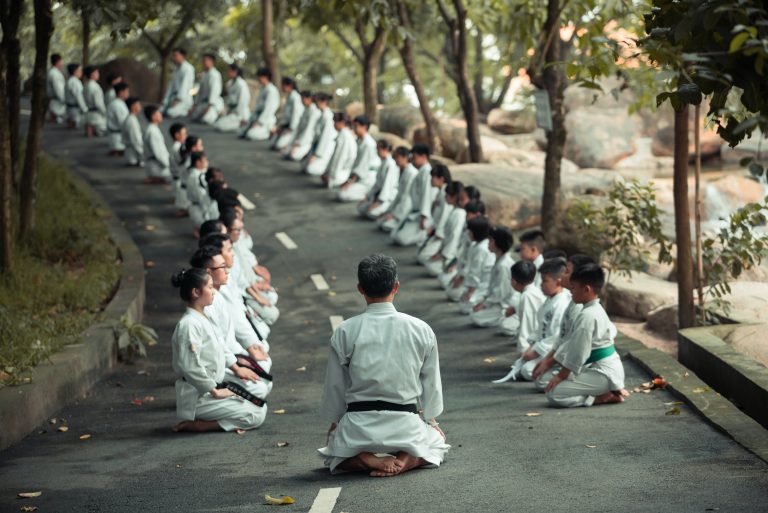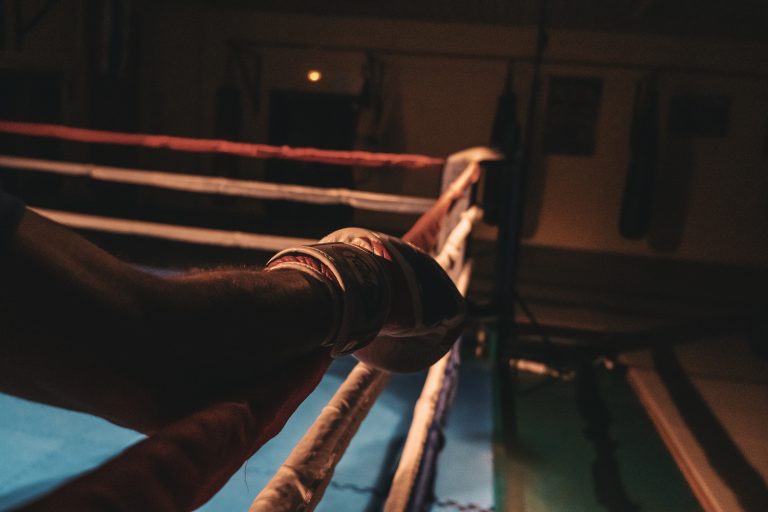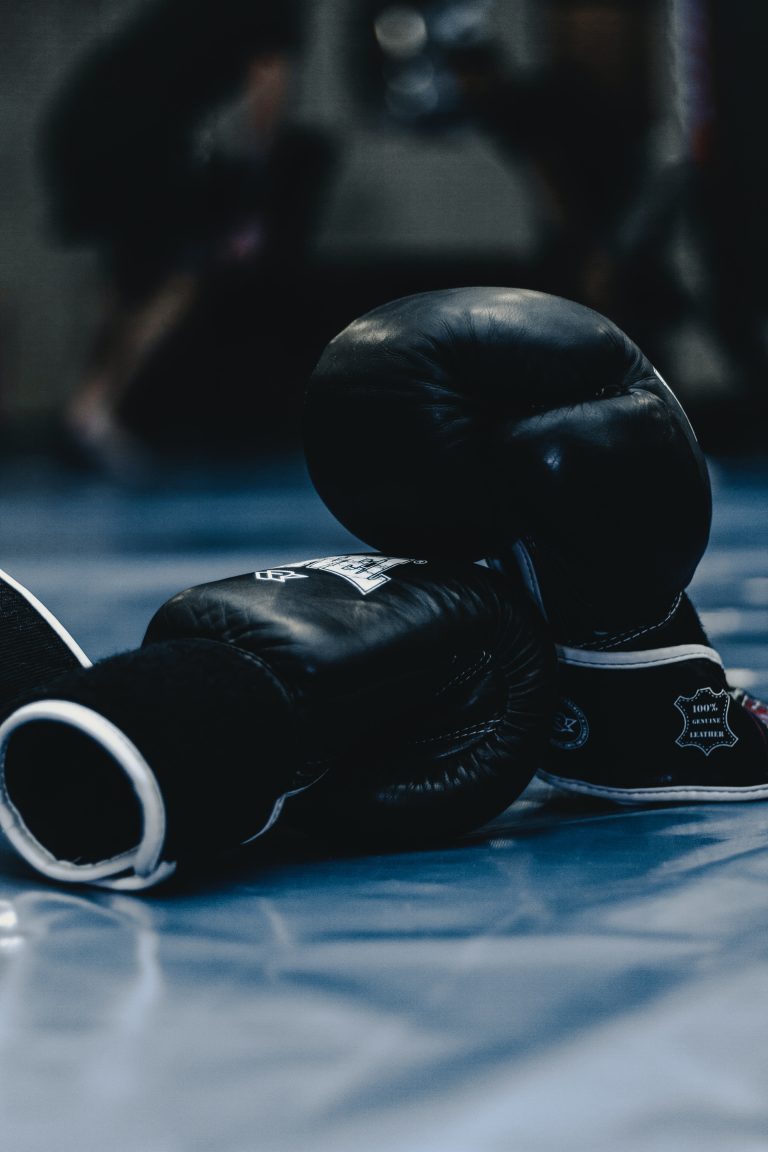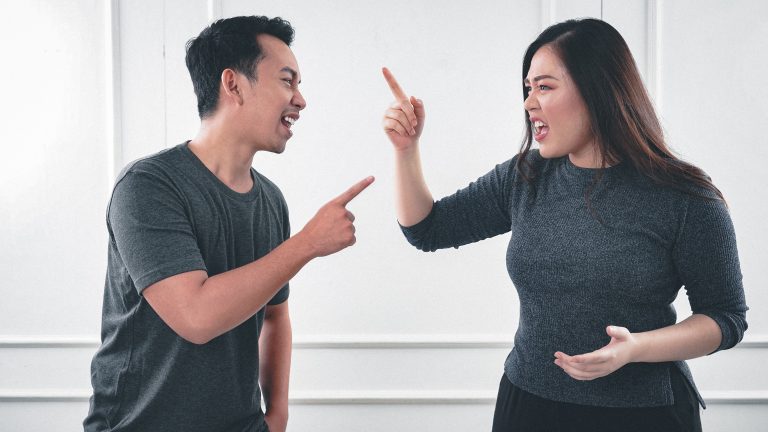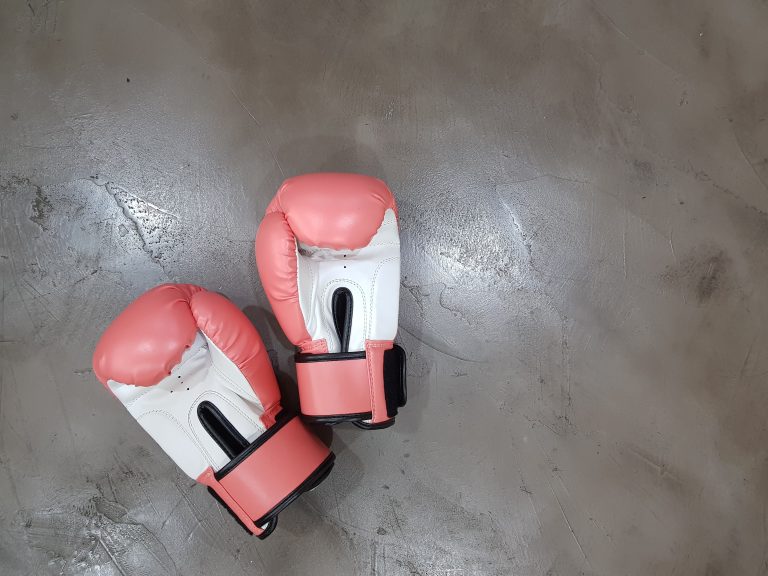Can you learn karate as a child?
Karate is a popular martial art that was originated in Japan. It has spread to different parts of the world and gained popularity due to its valuable physical and mental benefits. Parents often wonder if children can learn karate at an early age, and if it is safe and beneficial for them. In this blog post, we will explore the advantages of learning karate as a child and address some common concerns of parents.
Benefits of learning karate as a child
There are several advantages to learning karate as a child, including:
- Physical fitness: Karate involves a lot of physical activity, such as stretching, punching, and kicking. This helps improve cardiovascular health, bone density, and flexibility in children.
- Self-defense: Karate emphasizes self-defense techniques that can help protect children from bullies and other physical threats.
- Discipline: Karate has a structured curriculum that promotes discipline, respect, and self-control. Children can benefit from the discipline and structure that karate provides.
- Confidence: As children learn new techniques and progress through the ranks, they gain confidence in their abilities and become more self-assured.
Concerns of parents
Despite the numerous benefits of karate, parents may have concerns about their children learning a martial art. Here are some common concerns that parents may have:
- Injury: Parents might worry about their children getting injured during karate practice. However, most karate classes are designed with safety in mind and teach proper techniques to avoid injury.
- Violence: Some parents may have concerns about their children learning martial arts because they associate it with violence. However, karate emphasizes self-defense and discipline, and does not promote violence.
- Time commitment: Karate classes usually require a significant time commitment from both the child and the parents. However, the benefits of learning karate may outweigh the time commitment.
Conclusion
Overall, learning karate as a child can be a valuable experience that provides numerous physical and mental benefits. While parents may have concerns about their child’s safety and time commitment, these concerns can be addressed by finding a reputable karate school with experienced teachers. By providing their children with the opportunity to learn karate, parents can help them develop self-confidence, self-discipline, and a lifelong appreciation for fitness and martial arts.
Can You Learn Karate as a Child? Frequently Asked Questions Answered
Karate is a popular martial art that originated in Japan. It is known for its focus on discipline, strength, and ability to defend oneself. For parents interested in getting their children involved in karate, there are usually some common questions that come to mind. In this blog post, we will answer the most frequently asked questions about learning karate as a child.
1. At What Age Can a Child Start Learning Karate?
Children as young as three years old can start learning karate. Many dojos offer classes for preschoolers that teach the basics of the martial art such as discipline, balance, and coordination. However, parents should keep in mind that starting too young may not be the best approach. Children need to have good listening and communication skills to follow instructions in class, and some three-year-olds may not be developmentally ready.
2. What Are the Benefits of Having My Child Learn Karate?
There are numerous benefits associated with learning karate for children. Some of these include:
- Improved Focus and Discipline: Karate requires focus, concentration, and discipline. Children who learn karate learn how to stay focused on a task, follow instructions, and have respect for their instructors and other students. This can improve their academic skills and help them succeed in other areas of life.
- Physical Fitness: Karate involves a lot of physical activity, and children who learn karate develop strong, healthy bodies. They learn how to use their bodies in new ways, which can help prevent injuries and improve overall health.
- Self-Defense: Karate is one of the most effective forms of self-defense. Children who learn karate gain confidence and the ability to protect themselves if they are ever in danger.
- Improved Social Skills: Karate is a social activity, and children who learn karate develop social skills by engaging with their peers and instructors. They learn how to work together, communicate effectively, and build relationships.
3. Is Karate Safe for Children?
Karate is generally considered safe for children when taught by a qualified instructor in a safe environment. The instructors should prioritize safety and provide appropriate equipment, such as padded flooring and protective gear. Parents can also help keep their children safe by choosing a reputable dojo and ensuring that their child is following the rules and guidelines in class.
4. Can My Child Learn Karate if They Have Special Needs?
Yes, children with special needs can learn karate. In fact, karate can be a great way for children with special needs to develop focus, discipline, and self-confidence. However, it is important that parents communicate with the instructor and inform them of any special needs their child may have. The instructor can then tailor the lesson plans and techniques to meet the child’s needs.
5. How Long Does It Take to Become Proficient in Karate?
The time it takes to become proficient in karate depends on several factors, including the frequency of lessons, the child’s natural ability, and their dedication to practice. However, it typically takes several years of consistent practice to achieve a black belt. It is important to note that karate is a journey, and the focus should be on the process of learning and improvement rather than achieving a specific rank.
Conclusion
Karate can be a great way for children to develop discipline, confidence, and physical fitness. With the right instructor and a safe environment, children can start learning karate as young as three years old. The benefits of learning karate extend beyond the dojo and can positively impact a child’s overall development. By answering these frequently asked questions, we hope to provide parents with the information they need to make an informed decision about whether karate is right for their child.
Inhaltsverzeichnis


